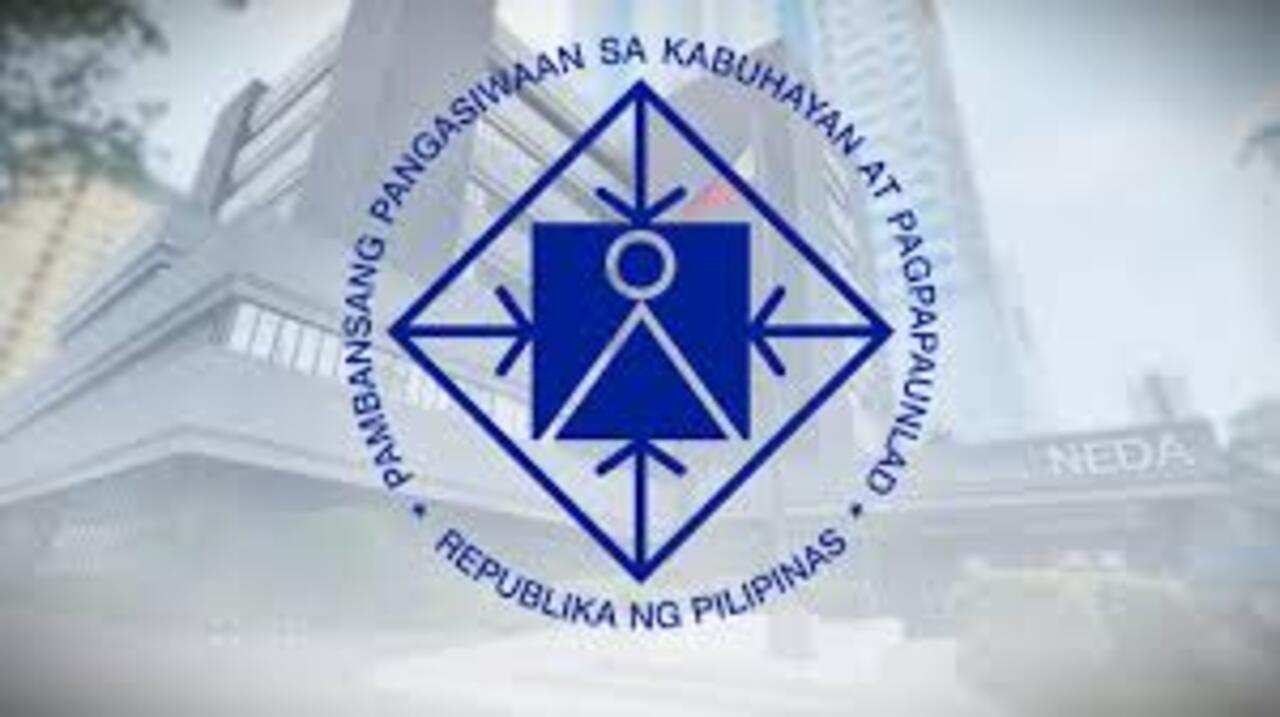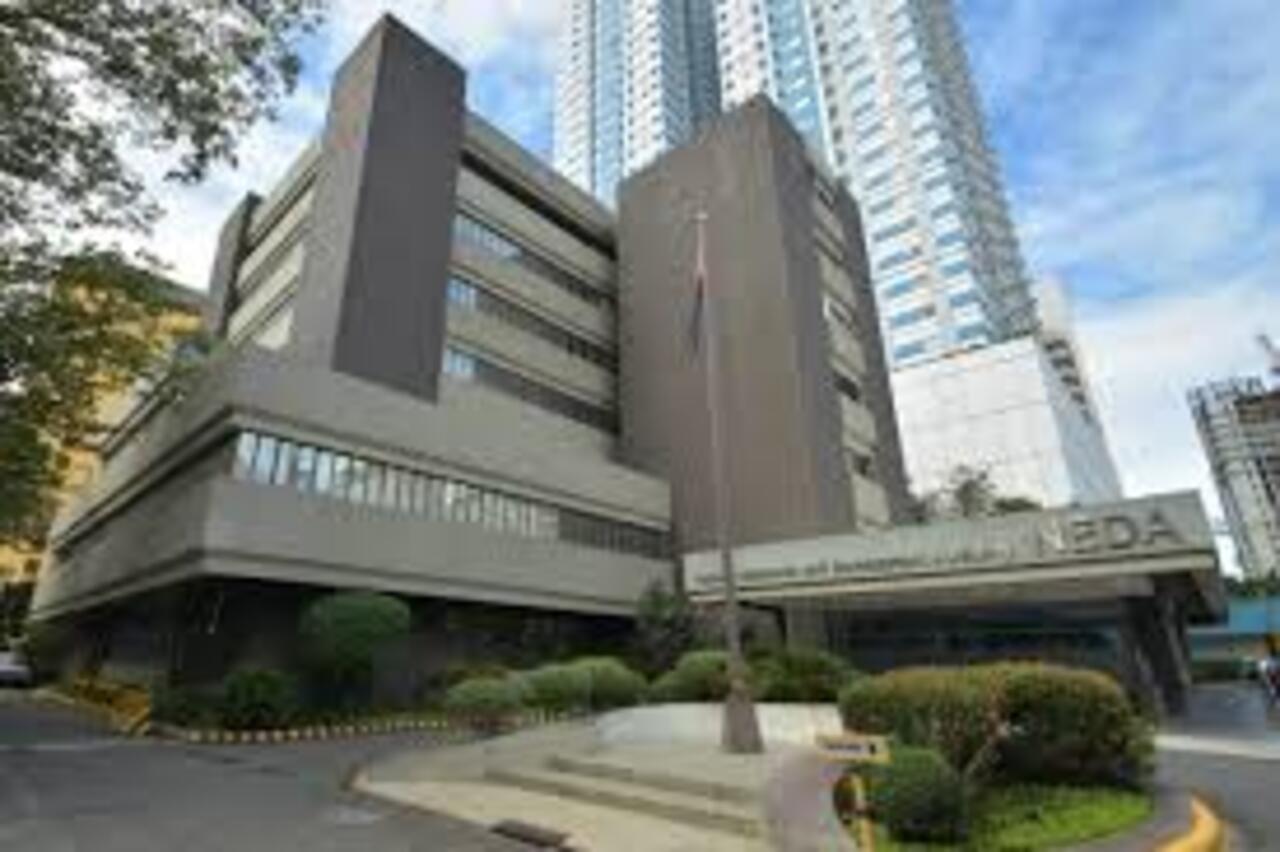The Department of Economy, Planning, and Development (DEPDev) is the national government’s lead agency for socioeconomic planning, policy coordination, and development monitoring in the Philippines. Formerly known as the National Economic and Development Authority (NEDA), it was transformed into DEPDev through Republic Act No. 12145 in 2025. This change elevated the agency to a Cabinet-level department, allowing it to carry out its expanded duties more effectively in planning, evaluating infrastructure, and coordinating programs involving financial assistance and national development.
The transition from NEDA to DEPDev was made to strengthen the government’s long-term planning capacity and address the growing complexity of development challenges. Over the years, NEDA’s work grew to include oversight of more than 100 interagency bodies, highlighting the need for a stronger, more integrated structure. By becoming DEPDev, the agency can now offer better services, implement smarter economic policies, and guide both public and private sectors toward shared development goals — making it even more important for the public to understand how it works and how its programs can provide assistance.
DEPDev vs. NEDA

DEPDev and NEDA serve the same core purpose: to lead the Philippines in economic planning and development. However, DEPDev is now a full executive department, giving it more authority, resources, and a stronger structure than NEDA had as an independent agency. This upgrade allows DEPDev to better coordinate national policies, manage public investments, and oversee development programs, especially those involving financial assistance and GOCCs.
While NEDA focused mainly on research, planning, and advising the government, DEPDev now actively leads implementation, budget alignment, and long-term development strategies. It also supervises more committees and attached agencies, making planning more unified and efficient across the country. In short, DEPDev builds on NEDA’s foundation but has broader powers to push forward inclusive and sustainable growth in the Philippines.
History
The history of DEPDev can be traced back to 1935 with the creation of the National Economic Council (NEC). This council was tasked with advising the Philippine government on how to build an economy that supports national independence. Over time, the NEC evolved, merged with other agencies, and expanded its roles. In 1973, it became the National Economic and Development Authority (NEDA) through Presidential Decree No. 107. NEDA became the country’s main planning agency and was known for policy research, infrastructure planning, and development coordination.
On April 10, 2025, NEDA officially became DEPDev through Republic Act No. 12145, also called the Economy, Planning, and Development Act. This law created DEPDev as an executive department with a stronger mandate, wider powers, and a more defined structure.
Mission and Vision
According to the official brochure and website, DEPDev follows a clear mission and vision that guide its work.
Vision
“A country where the public and private sectors work efficiently, allowing all Filipinos equal access to opportunities. The ultimate goal is inclusive growth and zero poverty.”
Mission
“To create coordinated, integrated, and continuing economic policies and programs.”
Core Values
The group operates with the following core values as its guide:
“Integrity, Professionalism, and Excellence.”
These values shape how DEPDev manages the country’s development, financial assistance programs, and inter-agency cooperation.
Powers and Functions
DEPDev serves as the Philippines’ premier socioeconomic planning department. It develops economic plans, reviews public investments, and gives advice to policymakers in both the Executive and Legislative branches.
Its core functions include:
- Formulating national and regional economic plans
- Advising the President on development policies
- Reviewing and evaluating major infrastructure projects
- Coordinating socioeconomic programs among government agencies
- Planning land use and urban development
- Monitoring and evaluating government projects
- Managing public-private partnerships
Logo
The DEPDev logo features a geometric human figure at the center, symbolizing the Filipino people as the focus of development. Surrounding it are four arrows pointing inward, representing the coordination of efforts from various sectors toward national goals. The design is enclosed in a diamond shape, reflecting structure, balance, and resilience in economic planning. Its blue color conveys professionalism, trust, and stability. Overall, the logo illustrates DEPDev’s mission to lead unified, people-centered, and well-planned development across the Philippines.
Organizational Structure
The organization consists of several important parts. At the top is the Economy and Development Council (ED Council). This council, consisting of cabinet secretaries from finance, agriculture, health, education, and labor, among others, replaced the NEDA Board and now oversees national and regional economic plans.
The ED Council is assisted by specialized committees that focus on specific areas:
- Development Budget Coordination Committee (DBCC): Prepares the national budget and fiscal programs
- Economic Development Committee (EDCom): Aligns economic policies and tracks inflation and productivity
- Investment Coordination Committee (ICC): Reviews and evaluates major investment projects
- Infrastructure Committee (InfraCom): Oversees infrastructure planning
- Social Development Committee (SDC): Focuses on education, health, and labor programs
- Tariff and Related Matters Committee (TRMC): Handles trade policies and tariff systems
- National Land Use Committee (NLUC): Manages land use, climate adaptation, and physical planning
- Regional Development Committee (RDCom): Coordinates programs across Luzon, Visayas, and Mindanao
The Council oversees and approves policies and major development projects.
The DEPDev Secretariat
The DEPDev’s Secretariat is led by the Secretary of Economy, Planning, and Development. This office is the authority on:
- Macroeconomic research
- Forecasting national trends
- Giving policy advice to the President and Congress
- Analyzing development issues and offering solutions
This Secretariat helps ensure that government spending, programs, and public investments align with long-term development goals. Aside from conducting research, economic forecasting, and policy analysis, it also coordinates the formulation and implementation of development plans across the country.
Other responsibilities include:
- Crafting long-term, medium-term, and annual development plans
- Conducting foresight and futures thinking exercises
- Monitoring the Philippine Development Plan (PDP)
- Evaluating infrastructure programs
- Supporting interagency committees
- Advising lawmakers and the President on economic policy
Attached Agencies
DEPDev also supervises or coordinates with several specialized agencies to support its work. These include:
- For Administration:
- Philippine National Volunteer Service Coordinating Agency (PNVSCA)
- Tariff Commission
- For Policy Coordination:
- Philippine Statistics Authority (PSA)
- Philippine Statistical Research and Training Institute (PSRTI)
- For Program Coordination:
- Philippine Institute for Development Studies (PIDS)
- Commission on Population and Development (CPD)
- Development Academy of the Philippines (DAP)
- Public-Private Partnership Center (PPPC)
These agencies provide technical knowledge, statistical data, and planning support to DEPDev and the entire government.
DEPDev and the Philippine Economy
DEPDev’s work affects major aspects of the economy. From creating long-term plans to managing investments and advising on trade, it supports the country’s efforts to promote:
- Job creation
- Rural development
- Infrastructure growth
- Digital transformation
- Disaster-resilient cities
- Financial assistance to those in need
DEPDev also links development planning with budgeting and monitoring to improve government transparency and accountability. This helps public funds go to projects that make the most difference.
Why DEPDev Matters to You
Whether you’re a student, business owner, government worker, or farmer, DEPDev’s work has real impacts. For example:
- Roads, bridges, and schools are built based on DEPDev’s infrastructure reviews.
- Economic programs like cash aid or livelihood support are crafted using DEPDev’s data and planning.
- Local governments use DEPDev’s policies to guide zoning, land use, and disaster management.
- Trade policies and tariffs shaped by DEPDev affect prices in markets.
DEPDev also helps the government prepare for the future through futures thinking—analyzing trends, planning for risks, and making sure policies can handle global changes.
Tools and Strategies
DEPDev uses key tools to carry out its mission:
- Public Investment Program (PIP)
- National and Regional Development Plans
- Intergenerational Reports
- Medium-Term National Evaluation Agenda
- National Innovation Agenda and Strategy (NIASD)
The Planning Call
The Planning Call is a new system institutionalized under DEPDev. It links planning, budgeting, and monitoring by setting clear standards and accountability. It helps improve efficiency and transparency in how public funds are allocated to projects.
Future Changes
With its transformation into a full department, DEPDev is now expected to:
- Improve coordination among agencies
- Make long-term development planning more consistent
- Push for sustainable, inclusive growth
- Guide the government through social and economic challenges
- Strengthen the country’s ability to respond to disruptions like pandemics, inflation, and climate risks
Video: NEDA Story
The transformation of NEDA into the Department of Economy, Planning, and Development (DEPDev) marks a new chapter in Philippine governance. With a stronger mandate, better coordination tools, and forward-thinking strategies, DEPDev aims to guide the country toward stable, inclusive, and sustainable development. For Filipinos, this means smarter investments, more responsive programs, and better planning for more equal opportunities, reduced poverty, and a better and stronger nation for all Filipinos. To learn more about NEDA and the resulting DEPDev following its transformation, please check the videos below:
Contact Information
If you want to learn more about the Department of Economy, Planning, and Development (DEPDev), formerly NEDA, if you need policy documents, economic updates, or data, kr if you have any questions or concerns regarding the department or any of its programs or services, then feel free to reach out to them via the following:
- Main Office: 32nd and 34th Floors, The Mega Tower, EDSA corner Julia Vargas Avenue, Ortigas Center, Mandaluyong City, 1550 Philippines
- Extension Office: 12 St. Josemaria Escriva Drive, Ortigas Center, Pasig City, 1605 Philippines
- Phone: (+632) 8631-0945 to 68
- Email: nedapr@depdev.gov.ph
- Website: www.depdev.gov.ph
